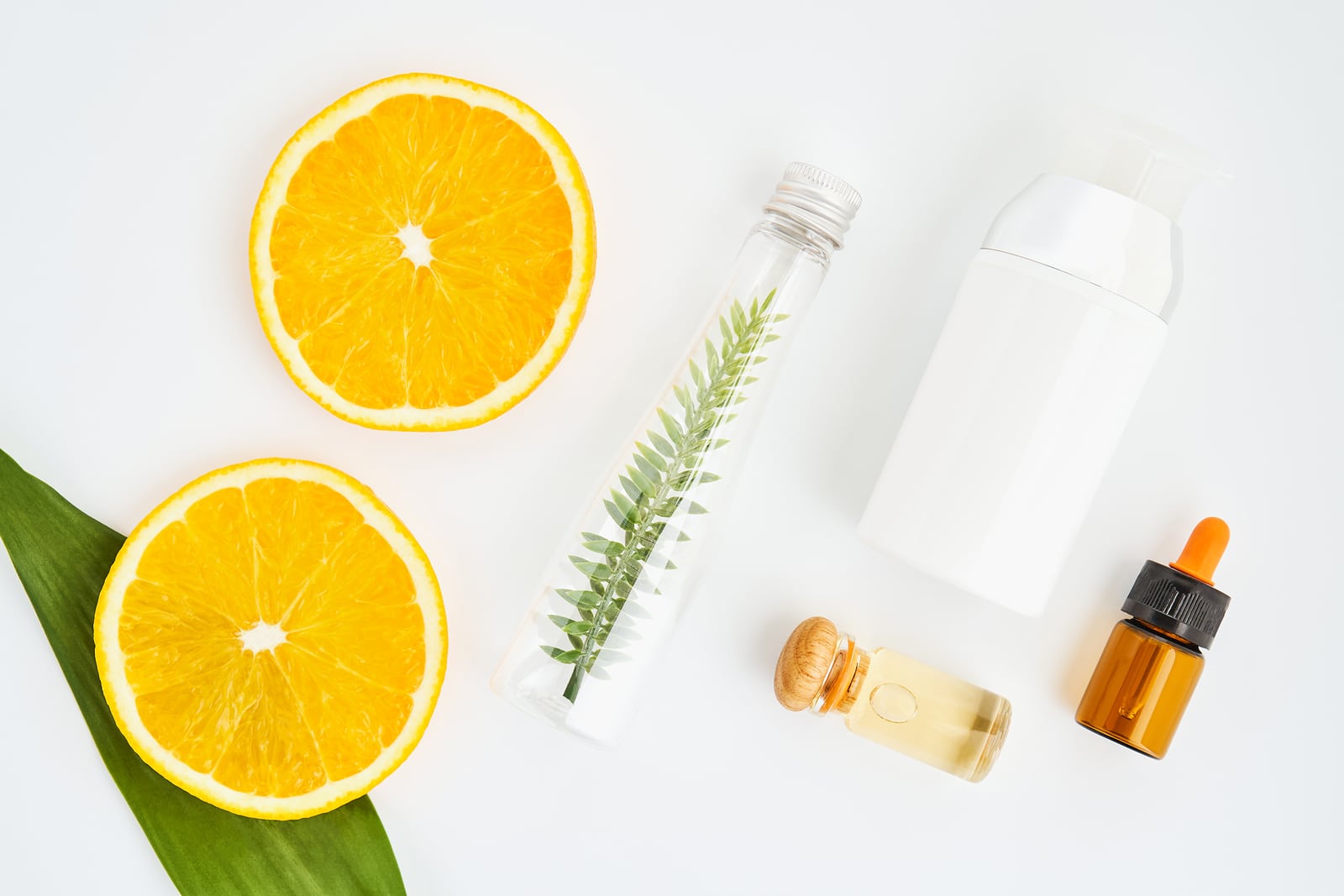
Of more serious concern are the contraband drugs and treatments found in illegal beauty clinics. Items such as dermal fillers, topical anaesthetics, and medical-strength facial peels have made their way into Australia and are being increasingly used by consumers seeking cheap cosmetic procedures.
There are also concerns about medical professionals flying into Australia to conduct cosmetic procedures and who are not registered with APRHA. In other cases adverse outcomes have resulted from procedures being carried out by people with no medical qualifications, resulting in life-threatening complications in some instances. The death of a woman undergoing treatment at a beauty clinic in Sydney in 2017 prompted raids on cosmetic clinics and a public warning to be issued by the Health Care Complaints Commission.
Cosmetic surgeons scrutinised
Cosmetic Surgeon is not a title recognised as an accredited speciality with the Australian Health Practitioners Regulatory Authority (AHPRA) or the Australian Medical Council and any doctor advertising themselves as such is in breach of AHPRA’s guidelines. Late last year the Australian government announced a crackdown on doctors who refer to themselves as cosmetic surgeons but who have no specialised accreditation.
The Medical Board of Australia has been tasked with investigating appropriate ways of safeguarding consumers from doctors who do not have appropriate qualifications to perform cosmetic surgery. Currently anyone with a basic medical degree can begin doing cosmetic work. Fellows of the Royal Australasian College of Surgeons are having to operate on patients to fix cosmetic surgery performed by under-qualified doctors.
Around one in ten Australians have either had plastic surgery over the past three years or intend to do so within the next three years. The HCCC advises people considering cosmetic procedures to determine if the procedure will be undertaken by a practitioner who is appropriately qualified and experienced, and that the facility where the treatment is delivered is appropriate registered and equipped. The advice further states that cosmetic surgical procedures are required to be performed by a medical practitioner and that the consumer should determine the practitioner’s qualifications, training and experience as well as check that the practitioner is registered with AHPRA.
